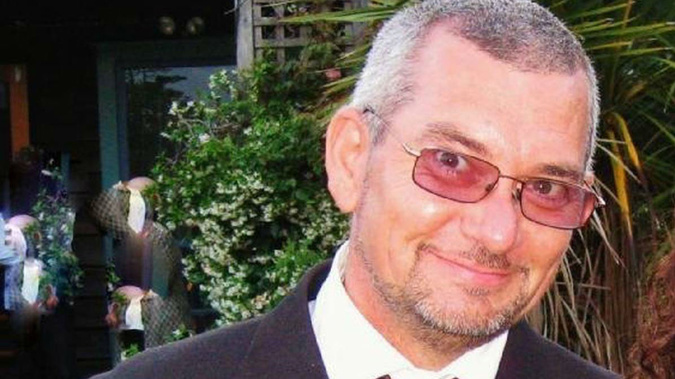
The warning signs were there - so why did no one step in to help Quinn Patterson?
Patterson's charred remains were recovered last night from his rented Northland home, which burned to the ground after he shot three people, killing Wendy Campbell and her daughter, Natanya, about 10.50am on Wednesday during a routine property inspection.
OPINION: Nadine Higgins: Northland shooting 'completely avoidable'
Police confirmed to the Herald that Patterson did not have a firearms licence despite building up an arsenal of weapons. A friend reported that he owned grenades, shotguns, rifles and handguns.
He barricaded himself in the property with bars on the windows, and neighbours would often hear him shooting in his backyard.
Friends said he was becoming more and more depressed and paranoid. Friend Leah Cameron said Patterson texted her two weeks ago with suicidal thoughts.
Despite these signs, the "bystander effect" can lead people to believe that taking action is someone else's responsibility, according to Marc Wilson from Victoria University of Wellington's School of Psychology.
"This effect is generally considered for a particular event - say someone shouting that they're being attacked, or someone falling over in the street - but some of the same mechanisms apply to this shooting," Wilson said.
"A really important factor involved in why people don't act is because there aren't usually nice signs flashing over people's heads saying 'imminent shooter' - they're much more ambiguous.
"Is it an emergency? Is this person really going to rob a bank? Because the calamity outcome is the lower probability on, we tend not to assume the worse."
Wilson said another factor in discouraging people to act was the "fear of social blunders".
"What if there isn't anything to worry about? I'll look like a wally if all I'm doing is wasting the police's time.

Friends and family gathered at the Mt Tiger Rd address near Whangarei. (Photo / Nick Reed)
"In this kind of scenario, there may also the added factor of concern for one's own wellbeing."
Wilson said it was also important to note that people often see snippets of someone's behaviour, and it may be difficult to get a full picture of what someone is going through.
"It relates to the point about the ambiguity of these situations. We don't wander around expecting people to do crazy things."
Take your Radio, Podcasts and Music with you









